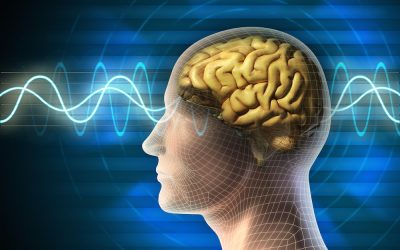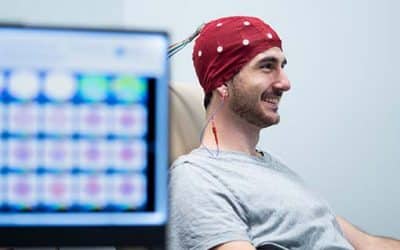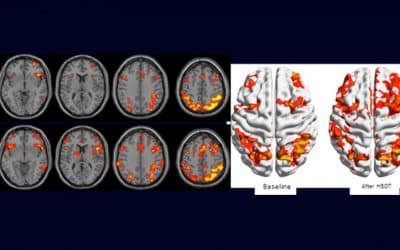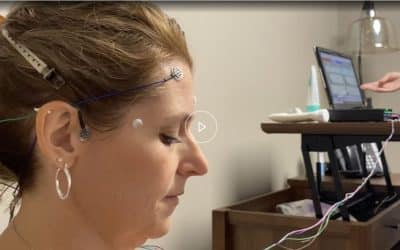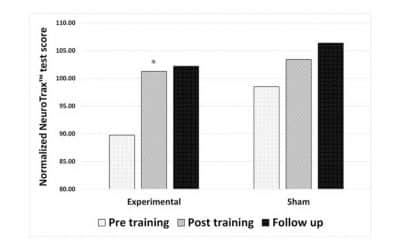What is Neurofeedback? Neurofeedback, an innovative technology that enables individuals to observe and influence their brainwave activity, has emerged as a fascinating field at the forefront of neuroscience research. By providing real-time feedback, this...
Neurofeedback
How hyperbaric oxygen therapy for depression gives you strength to heal
Mental Health | Published: March 1st 2022, 08:53AM Discover why the healing powers of oxygen are so beneficial for patients battling this increasingly common mood disorder Before the pandemic, depression was one of the leading mental health conditions among...
Is Neurofeedback an Effective Treatment for Depression?
Is Neurofeedback an Effective Treatment for Depression? Posted on: December 23rd, 2020 by NeuroHealth Associates Some people consider depression to be an ‘invisible’ disability. No one can see that you’re suffering because it all happens internally. It’s also very...
Florida veteran using hyperbaric oxygen therapy to treat his PTSD
Doctors and researchers with Aviv Clinics say hyperbaric oxygen therapy is showing promising results for veterans with treatment-resistant PTSD. Credit: First Coast News Retired Col. Andy Smith says HBOT therapy helped his PTSD. Dr. Elamir, a board-certified internal...
Israeli Study of IDF veterans shows oxygen therapy reduces PTSD symptoms
Clinical example of functional brain imaging by fMRI. The reduced brain activity in the frontal lobes of the brain and in hippocampus is improved after Hyperbaric Oxygen Therapy . Credit: Shamir Medical Center Israeli scientists have found that...
Hyperbaric oxygen therapy improves symptoms, brain’s microstructure and functionality in veterans with treatment resistant post-traumatic stress disorder: A prospective, randomized, controlled trial
Abstract Introduction Post-traumatic stress disorder (PTSD) is characterized by changes in both brain activity and microstructural integrity. Cumulative evidence demonstrates that hyperbaric oxygen therapy (HBOT) induces neuroplasticity and case-series studies...
Oxygen and neurofeedback therapies used to improve mental health
The Spectrum News video can be viewed here.As Americans continue to endure the COVID-19 pandemic, mental health has risen to the forefront of the conversation. A Niskayuna-based mental health practice recently introduced two technologies to better help patients....
Mild Cognitive Impairment and Neurofeedback: A Randomized Controlled Trial
Abstract Background and Objectives: Mild cognitive impairment (MCI) is often a precursor of dementia, and in particular of Alzheimer's Disease (AD) which is the most common cause of dementia. Individuals with amnestic MCI are several-fold more likely to develop AD...
Suffering from PTSD? Brain training may help treat this condition
Post-traumatic stress disorder or PTSD is a serious mental disorder that's triggered by a traumatic event — wherein the individual is either the victim or the witness. Post-traumatic stress disorder or PTSD is a type of severe anxiety disorder. People who have...

